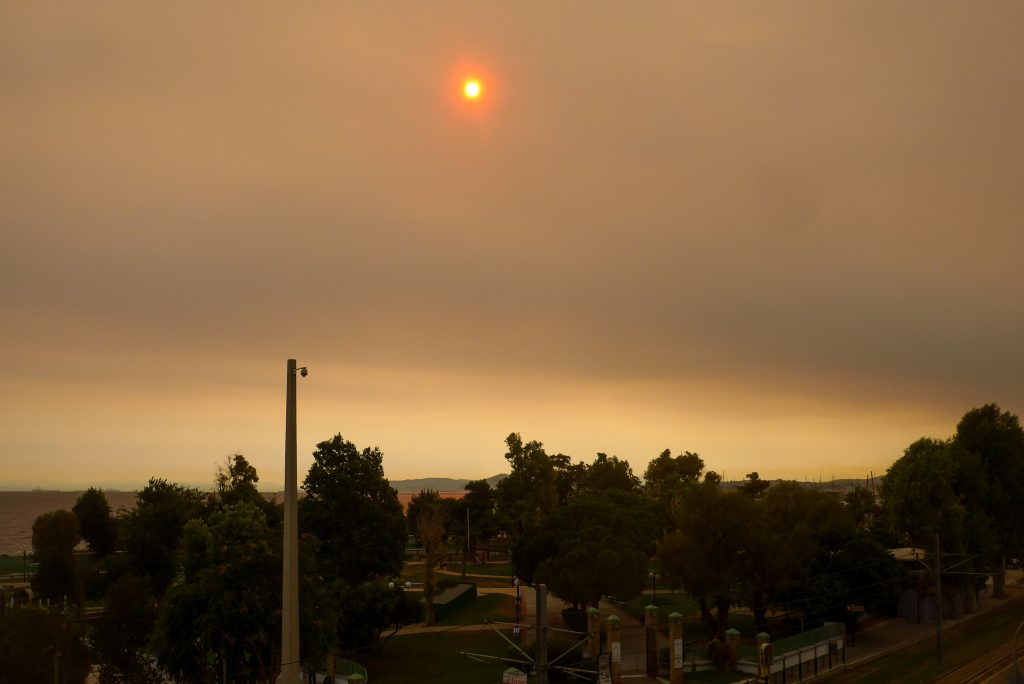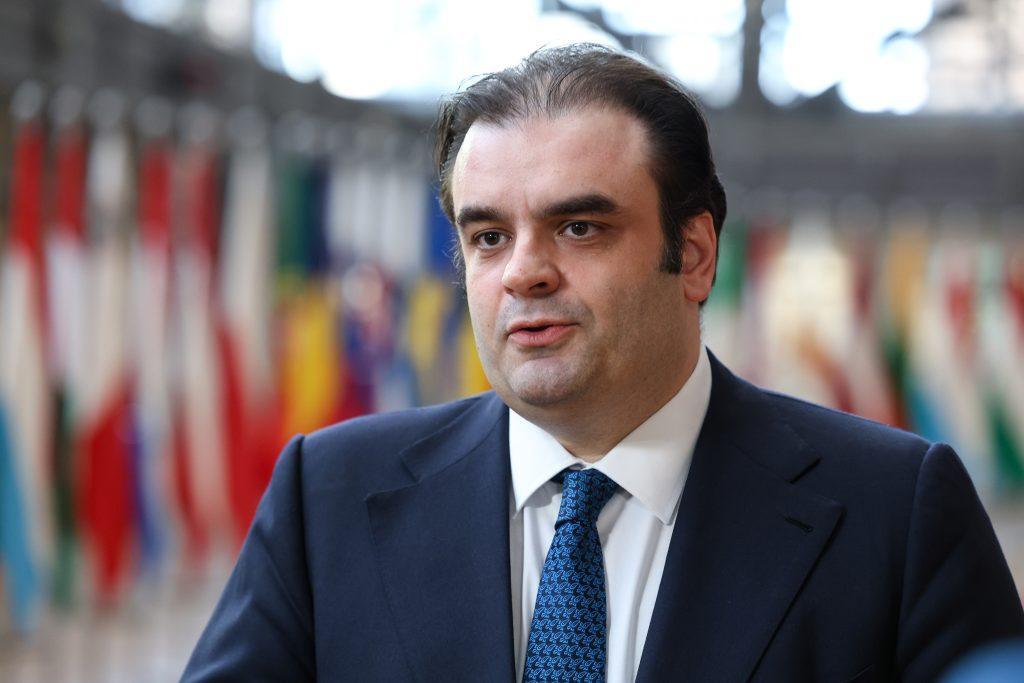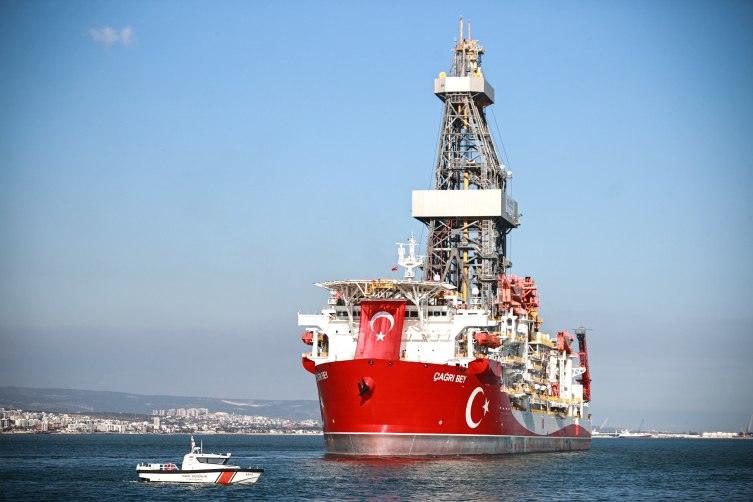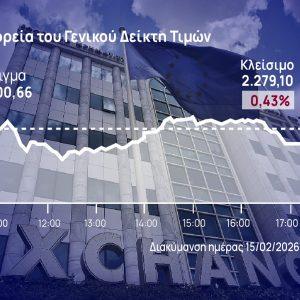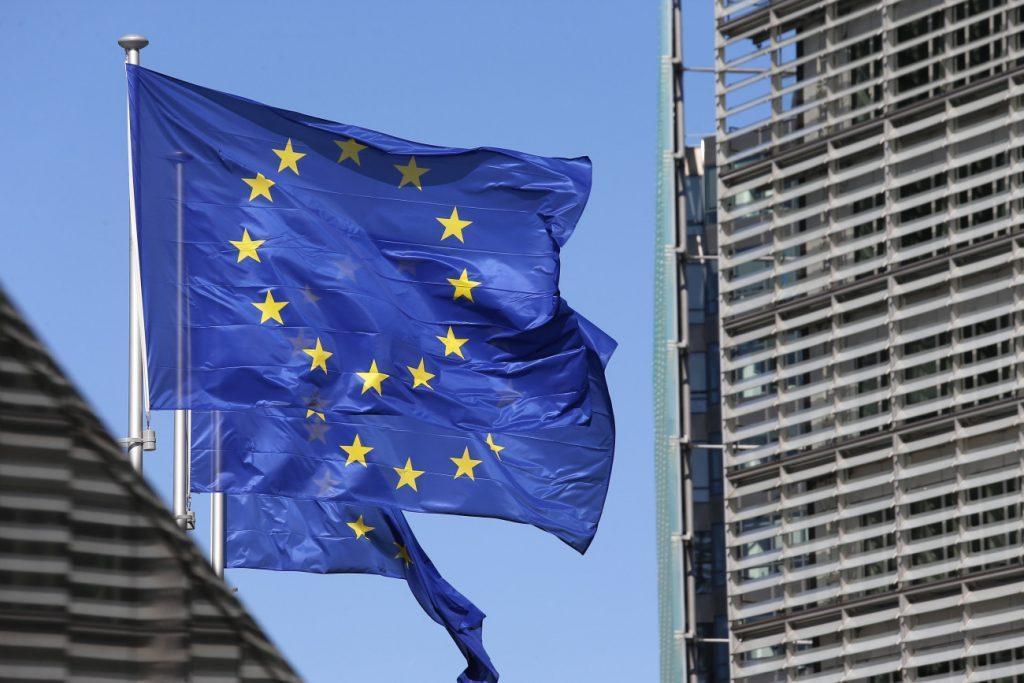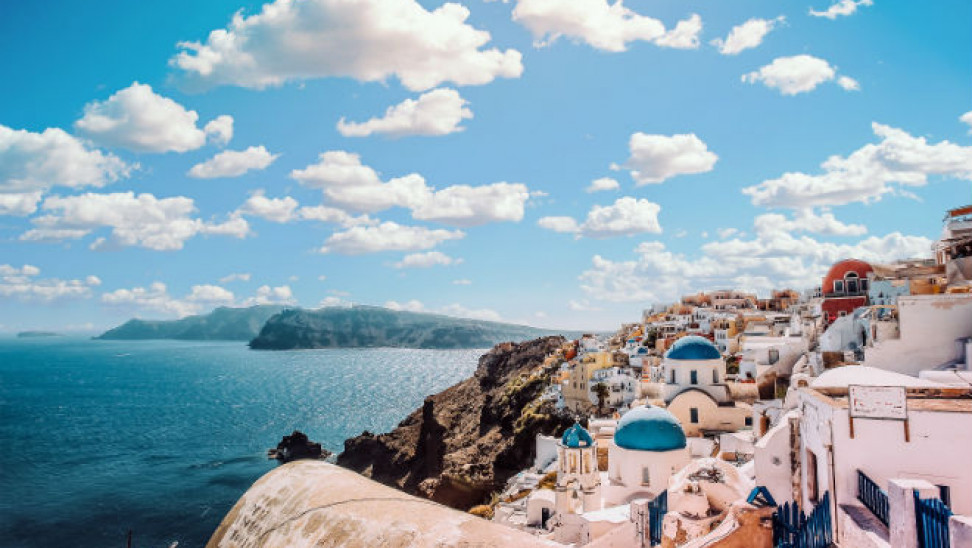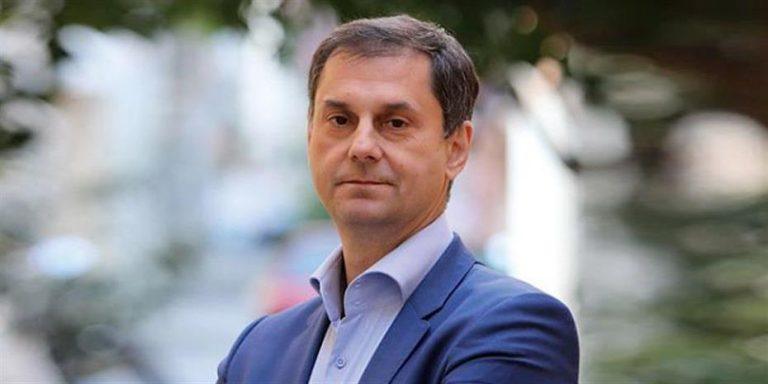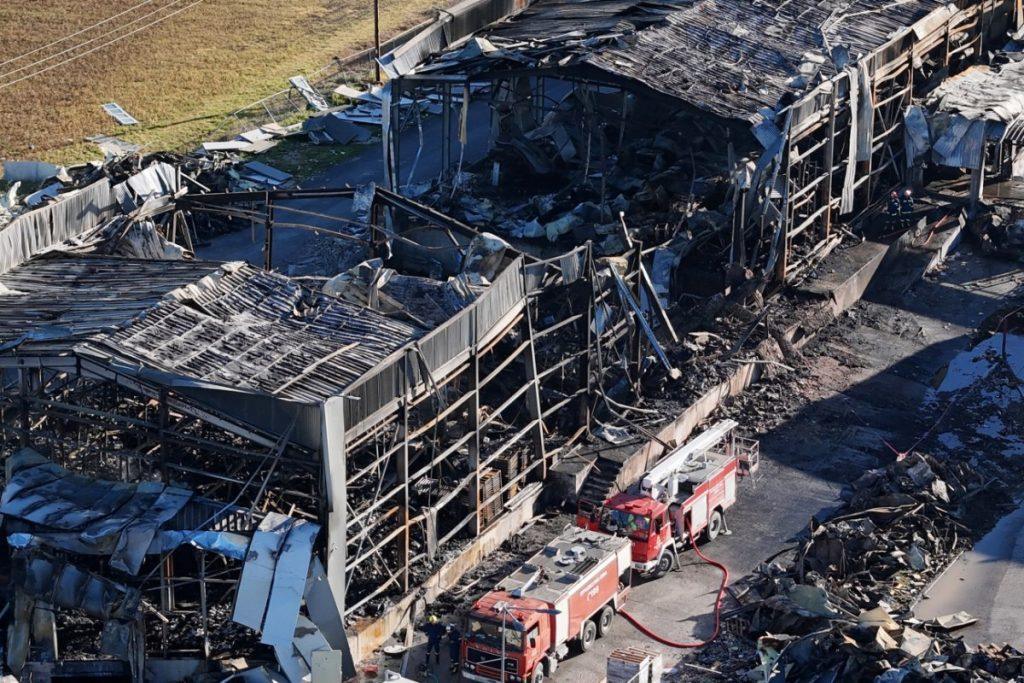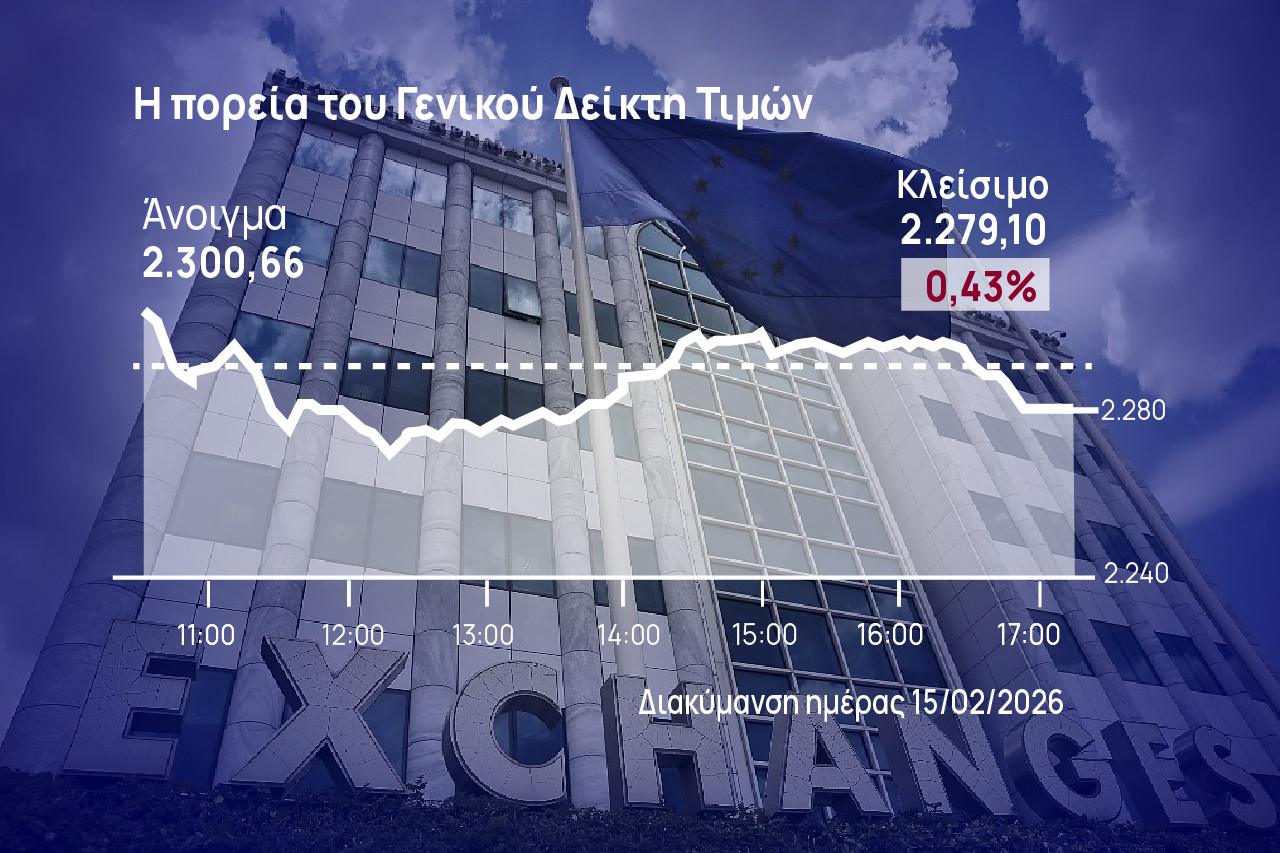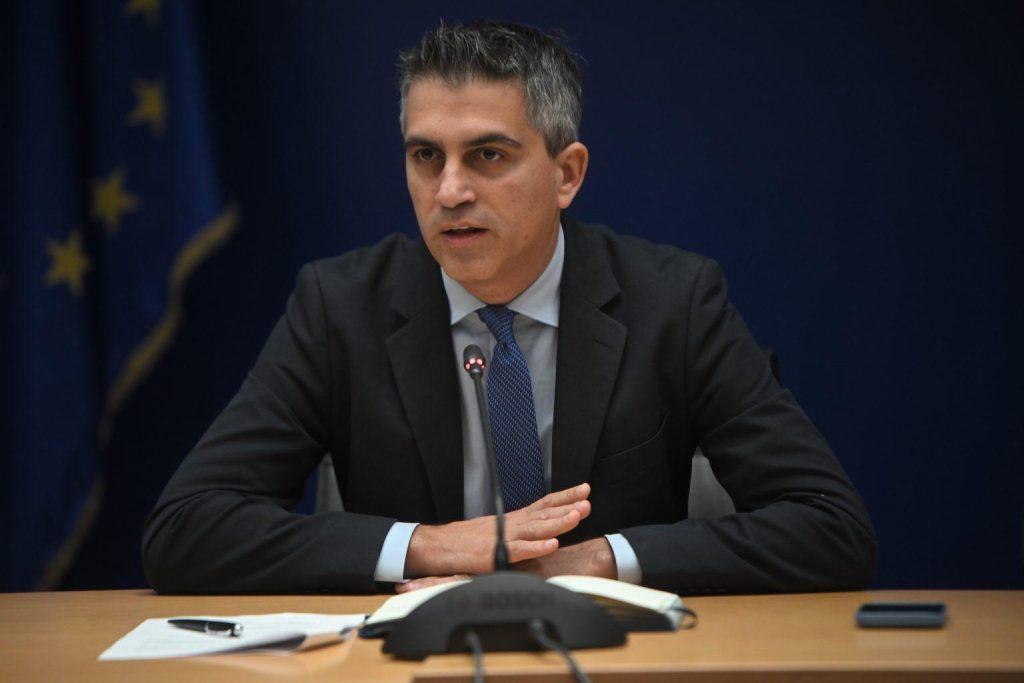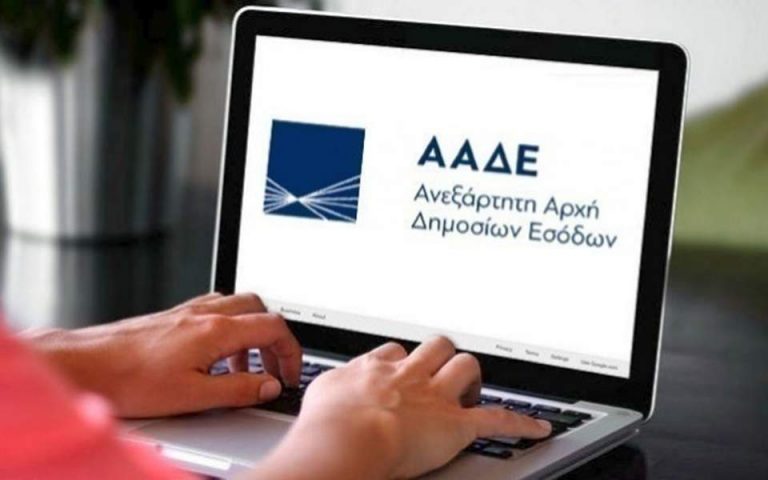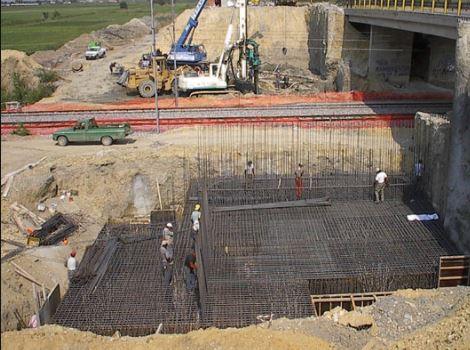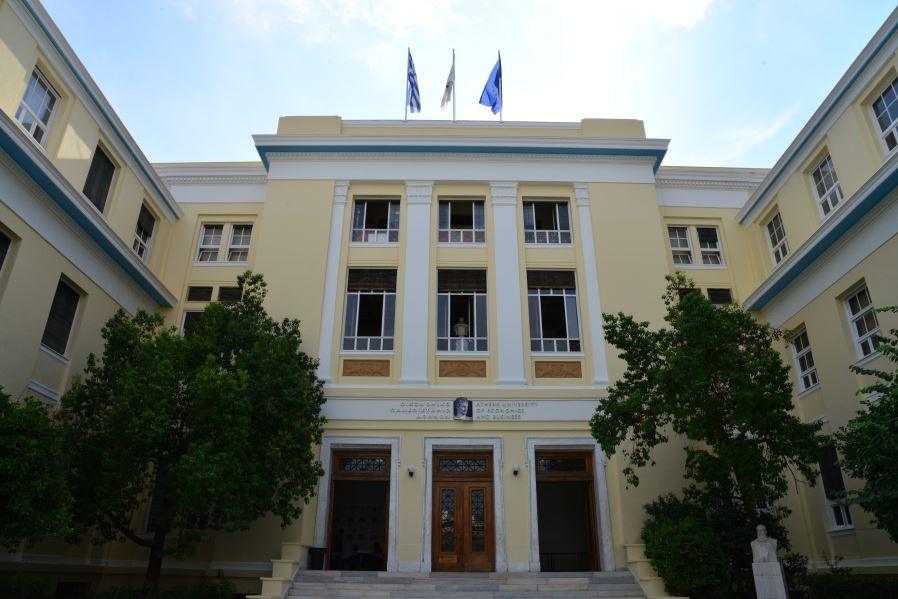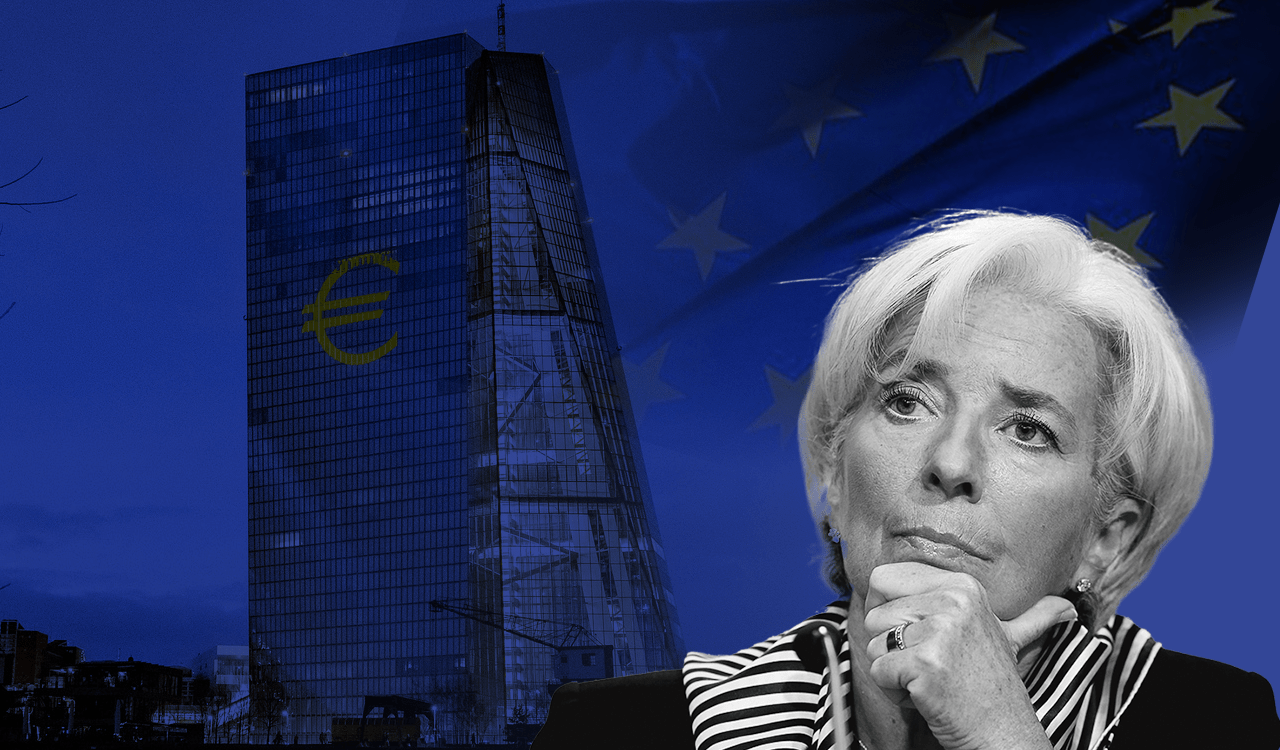We can not easily get rid of the toxic cloud brought on by the fires in Greece, as particles will be suspended for up to ten days, as noted by University of Thessaloniki professor Demosthenes Sarigiannis.
Especially in Attica, he pointed out that the use of a FFP2 / KN95 / N95 mask type is appropriate.
He told public broadcaster ERT that small particles were found as far away as Crete and noted that the air conditioners should be regulated in recycling mode and not by introducing air.
The concentrations of metals that were useful for the plants before the forest burned are high, but their inhalation leaves substances that remain in the body, the professor pointed out and referred to carcinogenic combustion products, noting that factories with plastics and paints were also burned.
Beware of dust and debris on the ground
According to Mr. Sarigiannis, the chemical load can be reduced, if in Attica and in the densely populated Istiaia the top two centimeters are removed from the ground surface.
He recommended, according to ERT, that the cleaning of households from the ashes be done with gloves and a mask.
Near Attica and Varybobi, two centimeters must be removed from the ground immediately to save the soil, which is a living and porous organism, in order not to absorb particles that will end up in the aquifer, the professor explained.
He also recommended the use of Hepa filter disinfection devices in public places, which are “more efficient than any other mechanism” and could, as Mr. Sarigiannis said, increase their use with a subsidy, especially in places with a large concentration of people.
“They are not in the textbooks and it would be good to include them,” the professor said, adding that ecological disasters affect public health, “so we must speak in terms of sustainable development in the sense of ecological balance.”
“We need a greater connection of the scientific community with the state regarding the environment and public health, as we will see in the winter with floods,” he said.
